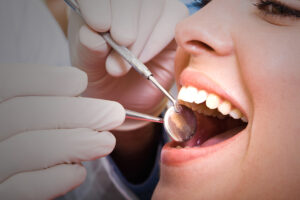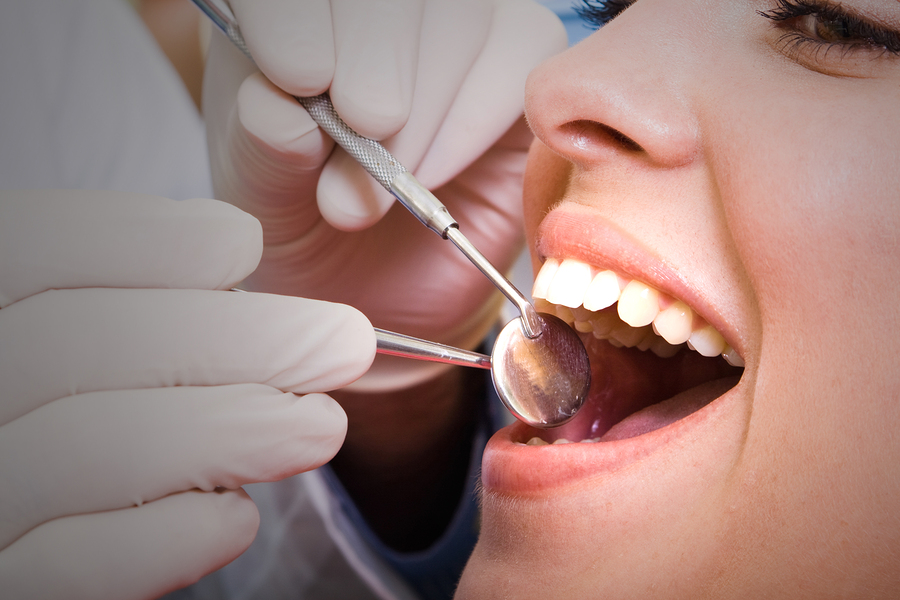 Even if your teeth look perfectly clean and shiny, you may still be unknowingly accumulating plaque. But what is plaque and why do we try so hard to get rid of it? You hear about bettering your dental hygiene to prevent it, but most neglect to explain why.
Even if your teeth look perfectly clean and shiny, you may still be unknowingly accumulating plaque. But what is plaque and why do we try so hard to get rid of it? You hear about bettering your dental hygiene to prevent it, but most neglect to explain why.
Don’t worry, we’ll help clear up a few things for you.
So What Is Plaque?
Plaque is a soft and sticky germ filled film that is constantly trying to form on your teeth. Plaque isn’t always so easy to see and continues to form even right after you have brushed your teeth and gum line. That’s why it is so important to keep up with good dental care so you can control and manage it.
Why Is Plaque So Hard To Get Rid Of?
If not removed, plaque will form and buildup into a hardened layer called tartar. This combination of plaque that is continuing to form and the layer of tartar can lead to oral infections such as gingivitis. The symptom of gingivitis can include red, swollen or sore gums, and sometimes bad breath can occur. Luckily, gingivitis is a pretty treatable with some proper brushing, flossing, and a visit with a dental professional.
If you become aware of any of these signs of infection associated with gingivitis along your gum line, you should act as quickly as you can by enhancing your dental care regimen because at this stage, you may still be able to save your teeth. However, serious damage to the bone and connective tissue can occur at the next stage, periodontitis.
What Is Periodontitis?
If dental plaque goes unchecked for a long enough time, this can cause serious tooth decay and gingivitis as mentioned above. However, it can also lead to periodontitis. Periodontitis is when bacteria attaches to the teeth along the gum line and infection forms within the pockets surrounding the teeth. Periodontitis symptoms include persistent swollen and red or bleeding gums, receding gums, pocketing around the teeth, loose teeth, and bad breath.
If this occurs, then see a dental professional immediately. Your dentist will need to do a thorough professional cleaning or periodontal scaling and root planning in order to save your teeth.
In order to prevent plaque and plaque related diseases, keep up with regular brushing, flossing, and regular visits with your dentists. Do not hesitate to seek professional dental attention and treatment if you experience symptoms of gingivitis or periodontitis.




